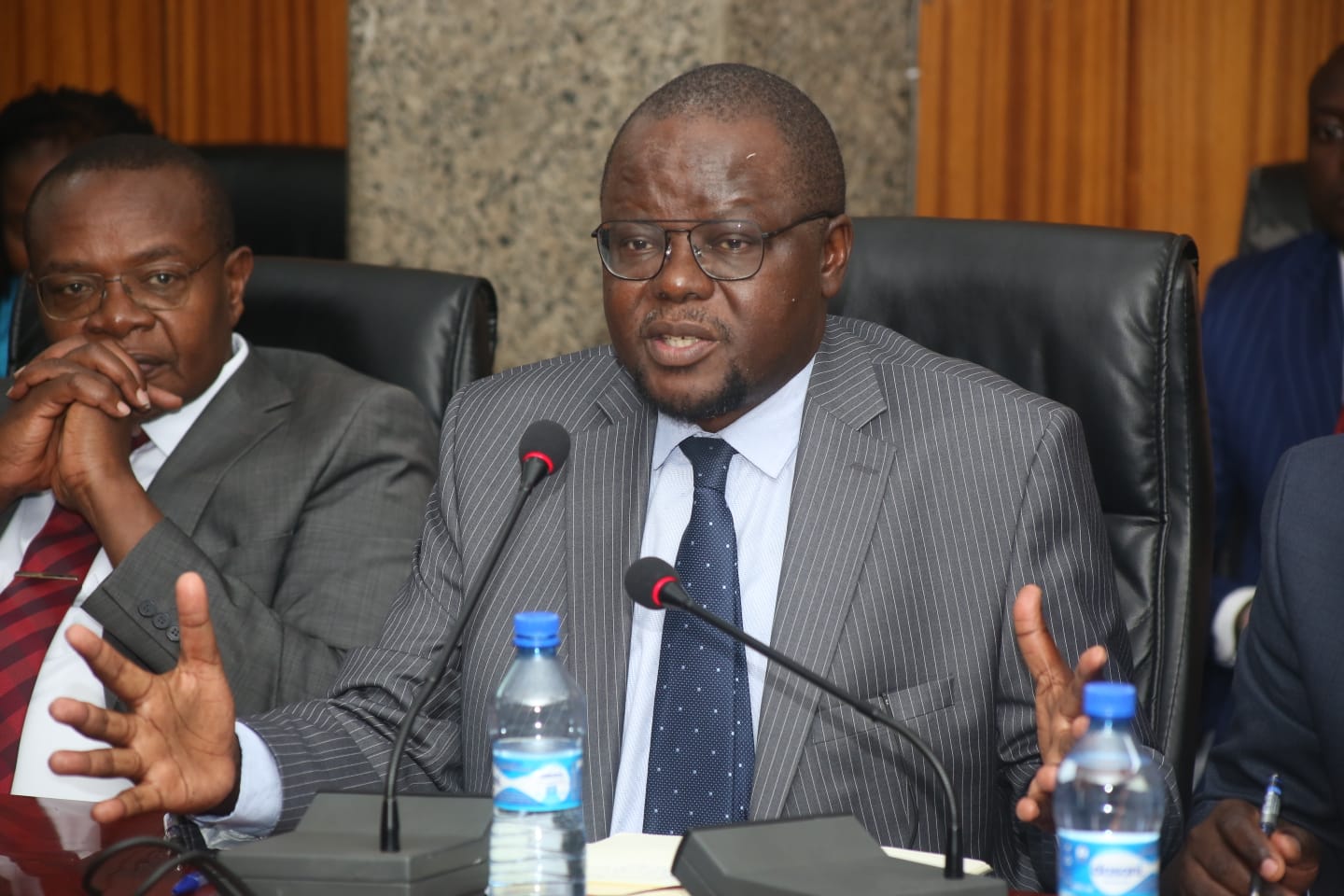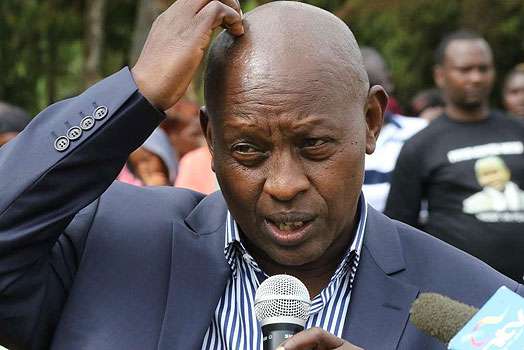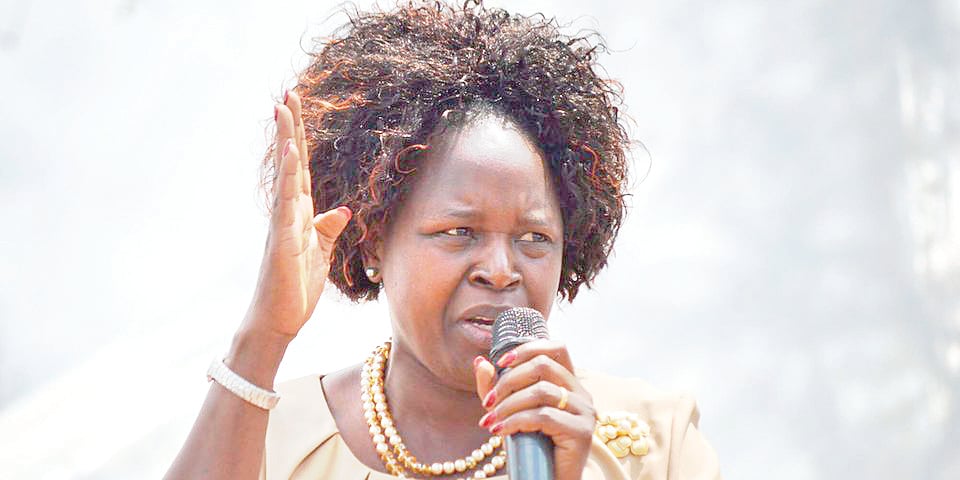Governors from the border counties of Migori, Bungoma, and Busia have welcomed President William Ruto’s recent decision to relax certain border vetting restrictions related to national registration. Dr Ochillo Ayacko (Migori), Ken Lusaka (Bungoma), and Dr Paul Otuoma (Busia) argued that residents of these border counties have long been marginalised in accessing government services and should not be subjected to cumbersome vetting procedures when applying for national identity cards (IDs).
According to the governors, such restrictions have prevented many citizens—particularly in border regions—from acquiring IDs, which are essential for voter registration and participation in democratic elections. “We commend the President’s decision because, in the past, extensive vetting procedures led to delays and frustration, effectively disenfranchising many eligible citizens,” stated Ayacko.
However, Trans Nzoia Governor George Natembeya and security experts have raised concerns over the move, warning that it could pose significant security risks.
During his working tour of Northern and North Eastern Kenya, President Ruto signed a decree abolishing the long-standing vetting process for national IDs in Kenya’s North Eastern region, citing the need to end historical discrimination against affected communities.
Governor Lusaka urged President Ruto to extend this policy to Bungoma, Busia, and Trans-Nzoia counties. Speaking in Hamisi, Lusaka decried the long-standing practice of subjecting border county residents to stringent vetting before acquiring IDs. He noted that such bureaucratic obstacles had deterred many from obtaining the crucial document.
“We call on the President to extend the policy implemented in northern Kenya to Western Kenya as well,” Lusaka said, emphasising that acquiring a national ID is a fundamental right of every Kenyan and should not be unnecessarily difficult. He pointed out that many youths in the region remain undocumented due to the arduous registration process.
Lusaka further highlighted that members of the Luhya community straddle both sides of the Kenya-Uganda border, making it imperative to streamline the vetting process for those seeking legal identification.
Governor Otuoma argued that the barriers had excluded many eligible voters from participating in national elections, thus undermining Kenya’s democracy. The governors stressed that the move was in line with the constitutionally guaranteed right to political participation and should not be viewed through a partisan lens.
“This is not about party politics but about ensuring that all Kenyan citizens, regardless of their location, can fully participate in the political process,” the governors stated during the Nyanza International Investment Conference in Kisumu. They further contended that the decision would enhance electoral integrity by facilitating access to essential identification documents.
Border counties in Kenya—including those along the Uganda, Tanzania, South Sudan, Ethiopia, and Somalia borders—have long struggled with access to crucial services due to the lack of national IDs. These regions serve as key gateways for international trade but also experience security challenges, political instability from neighbouring countries, and inadequate public service delivery.
The governors underscored the potential economic benefits of easing border restrictions, noting that many border counties depend heavily on cross-border trade and informal markets for their livelihoods.
“By reducing bureaucratic barriers and enabling smoother movement of goods and people, the regional economies will benefit from increased trade and economic interaction with neighbouring countries,” noted Ayacko, who hails from Migori’s Kuria community near the Tanzania border.
They further argued that relaxing restrictions would create opportunities for cross-border investment, tourism, and industries reliant on border access. In the past, conflicts and armed militias in neighbouring countries necessitated strict vetting measures. However, the governors maintained that through cross-border dialogue and revised security policies, the Kenyan government—under President Ruto’s leadership—aims to strengthen diplomatic and security frameworks with neighbouring nations.
Over the weekend, Ruto was in Tanzania, advocating for peace in the Democratic Republic of the Congo (DRC). The governors believe that such regional cooperation will help mitigate violence and instability, fostering long-term peace and border security.





